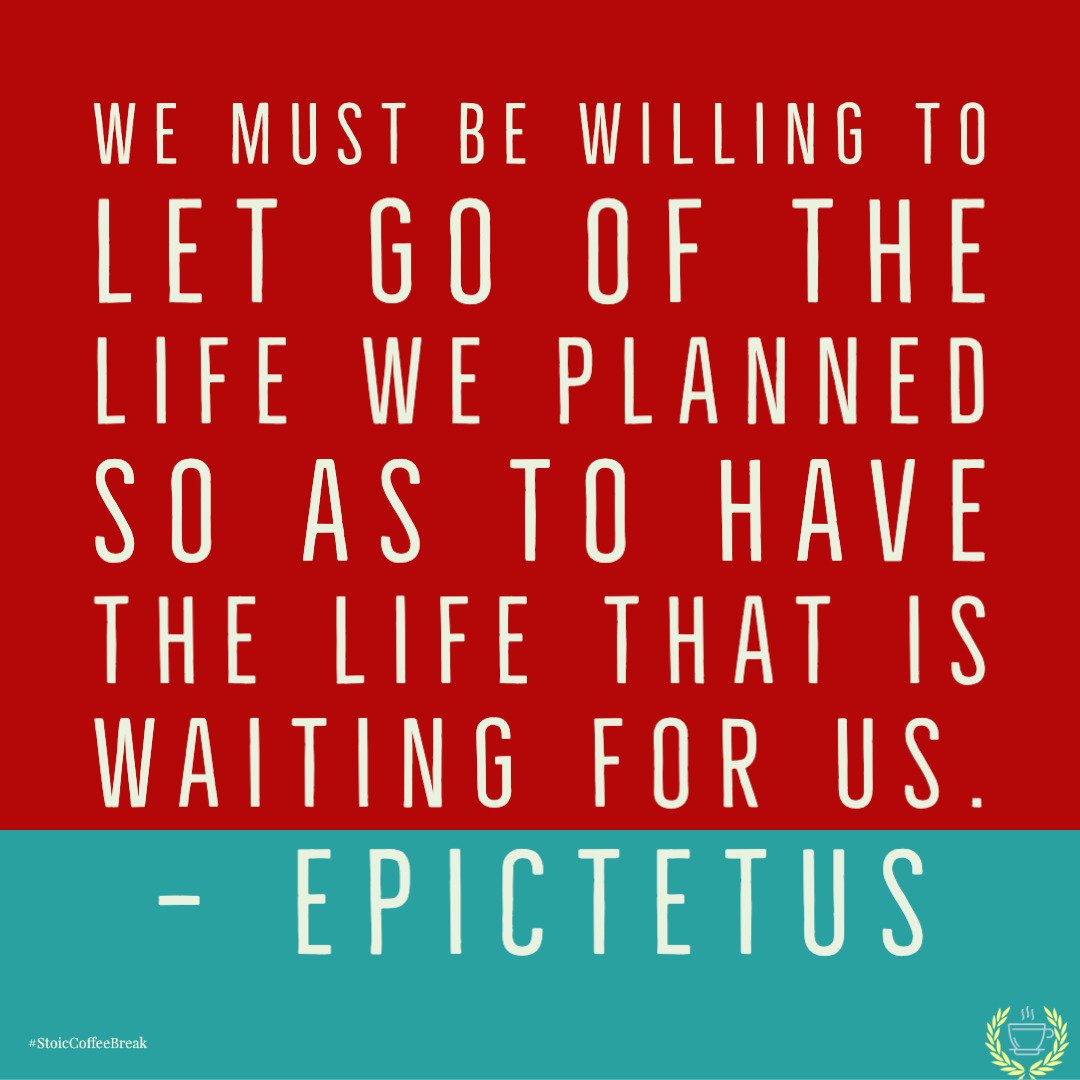Month: April 2023
-

253 – Digging Deep: Uncovering Your Unconscious Motivations
“No man is free who is not a master of himself.” — Epictetus. Do you always act the way you want to? Do you struggle to accomplish what you set out to do? Do you find it challenging to make choices that are in line with what you think you want? Today I want to…
-

252 – Overwhelmed
“If you are distressed by anything external, the pain is not due to the thing itself, but to your estimate of it; and this you have the power to revoke at any moment.” — Marcus Aurelius Do you get overwhelmed with the challenges of life? When life gets to stressful do you shut down and…
-

251 – Conversation with Brian from the LOTS Project
A wide ranging conversation with Brian, the host of the LOTS project. You can find out more information about Brian and living off the grid at https://thelotsproject.com/
-

250 – When Life Has Other Plans
“We must be willing to let go of the life we planned so as to have the life that is waiting for us.” — Epictetus. When life throws you curveballs, how do you handle them? Do you freak out? Do you roll with it? Do you look at it as an opportunity or a disaster?…